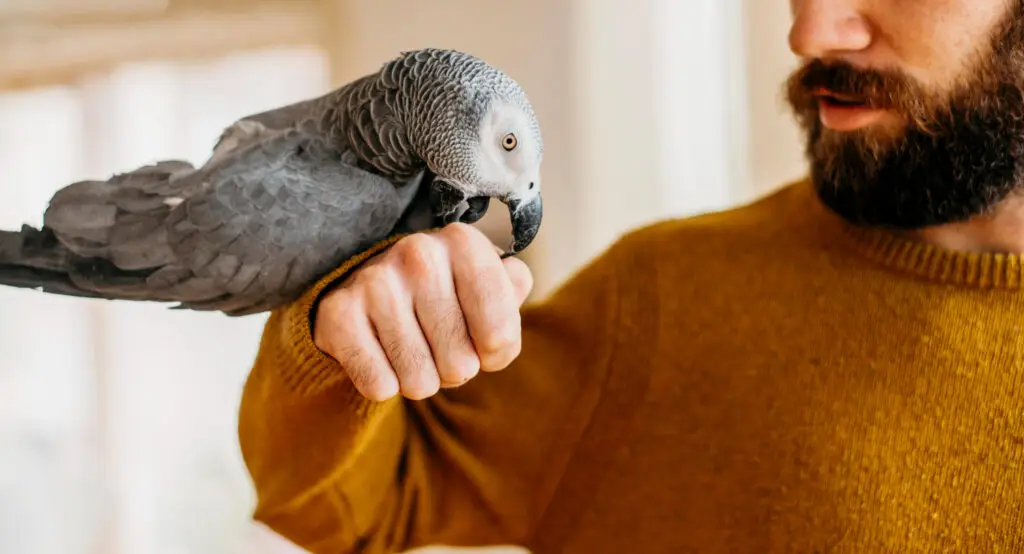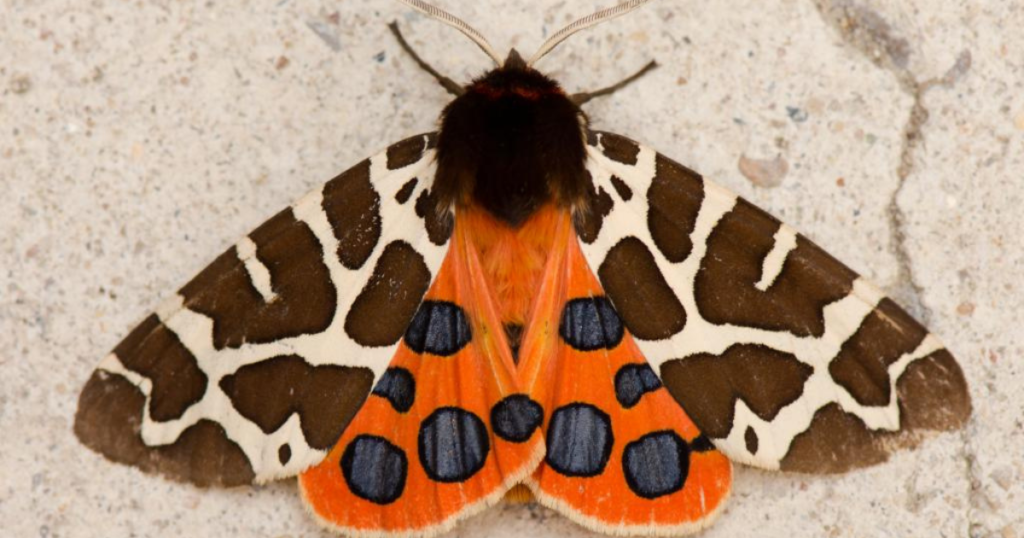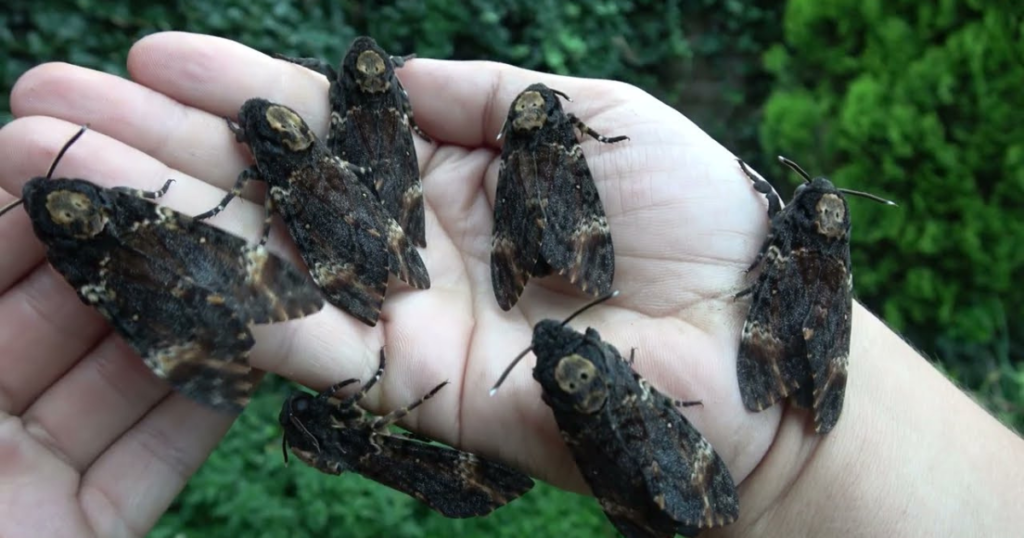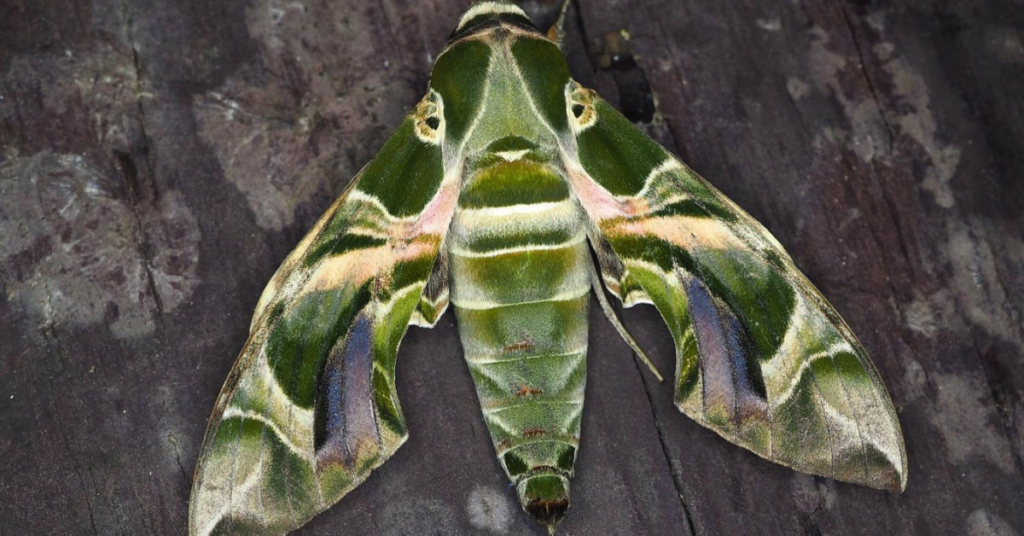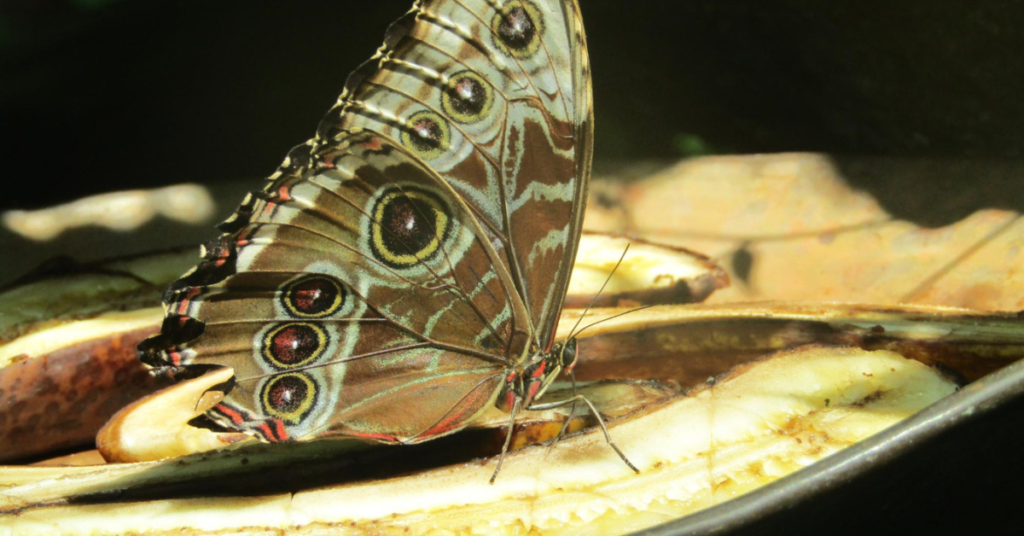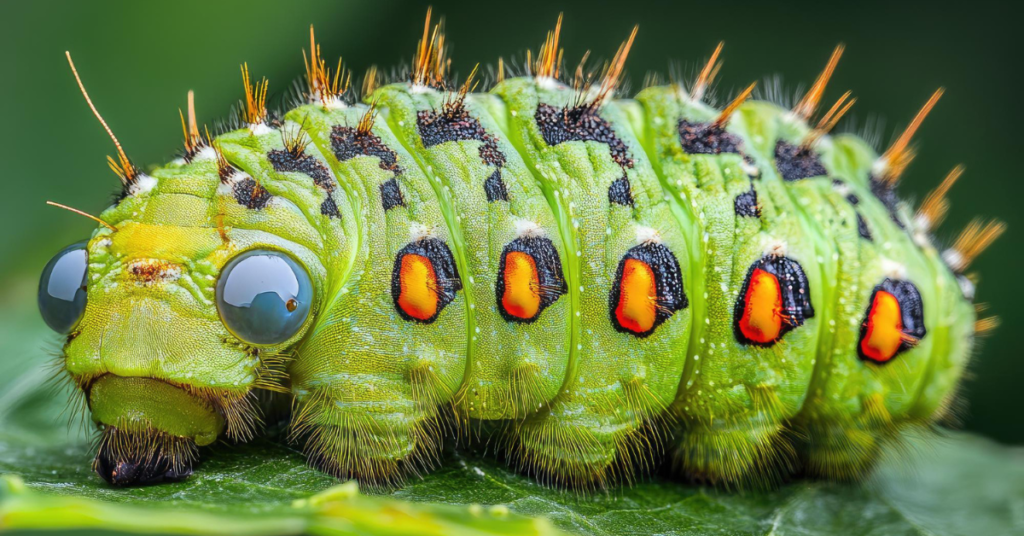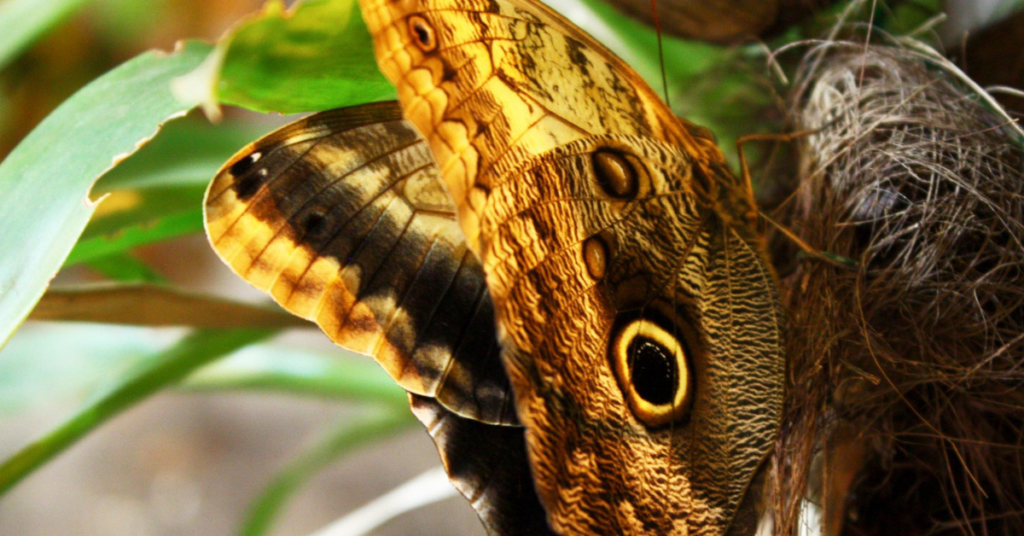Parrot biting might feel surprising, but it’s mostly a natural form of communication not just a sign of aggression. Parrots are incredibly intelligent and emotional creatures. When they bite you, they’re trying to tell you something they might feel scared, overwhelmed, possessive, or even overexcited.
If you’ve ever been nipped or bitten by your parrot, you know how surprising and painful it can be. It’s frustrating, especially when you’re just trying to make a bond with them. But it can be their way of saying, “I’m afraid,” “I’m uncomfortable,” or simply, “Please give me space.”
This guide will help you to explore what those bites really mean, the most common reasons behind them, and how you can handle in a way that builds trust rather than fear.
Table of Contents
ToggleUnderstanding Parrot Behavior
Before tackling parrot biting, it’s essential to understand how parrots communicate. Parrots, like many animals, express their emotions and intentions through body language, sounds, and actions. When your parrot bites, it’s often using a form of communication. The question is, What is it trying to say?
In the wild, parrots bite for various reasons, such as protecting their territory or defending themselves. As pets, they may use biting to express fear, pain, or discomfort. Understanding the context of the bite will help you address the root cause effectively.
Common Causes of Parrot Biting
1. Fear and Anxiety
Parrots are highly sensitive animals, and fear is a powerful motivator for biting. A parrot that is anxious or frightened may resort to biting to protect itself. This fear could stem from a new environment, unfamiliar people, or loud noises. If your parrot is still adjusting to its new home, biting is a common way it might react to stress or unfamiliarity.
2. Lack of Socialization
Parrots that haven’t been socialized properly may not trust people or other animals. Birds that haven’t had the chance to interact with people regularly are more likely to bite as a form of self-protection. Proper socialization early on in their life is key to preventing this kind of behavior.
4. Hormonal Changes
During breeding season, parrots can experience hormonal shifts that make them more territorial or aggressive. This is particularly noticeable in unspayed or unneutered parrots. Hormonal changes can make your parrot more prone to parrot biting, especially if it feels threatened by changes in its environment or routine.
5. Illness or Pain
Just like any other animal, a parrot that is sick or in pain might bite. Parrots don’t always show physical symptoms of distress, so a sudden change in behavior—like biting—could be an indicator that something is wrong. If your parrot that was once calm and friendly begins to bite, it’s wise to consult an avian vet to rule out any medical issues.
6. Boredom or Lack of Stimulation
Parrots are highly intelligent, and without enough mental stimulation, they can become bored, which often leads to destructive behavior, including biting. A lack of toys, activities, or interaction can leave your parrot feeling frustrated and lead to biting as a way to get your attention.
7. Attention-Seeking Behavior
Sometimes, parrots bite simply because they want attention. If your parrot notices that biting leads to a reaction—whether it’s good or bad—it may start to use biting as a way to get your attention. It’s essential to recognize this pattern and address it by reinforcing positive behavior instead of reacting to the biting.
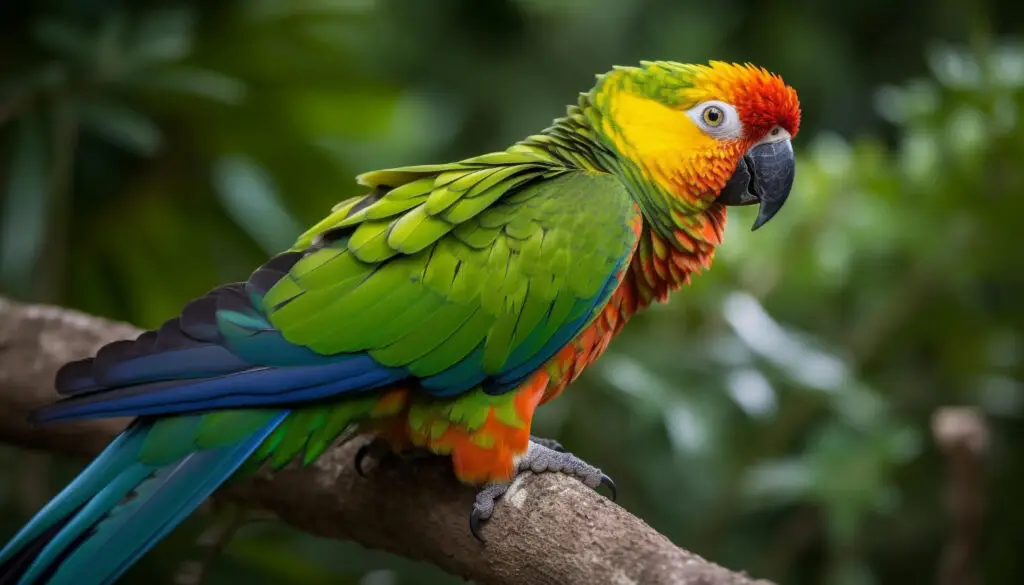
How to Prevent and Stop Parrot Biting
Now that we’ve identified the common causes of parrot biting, let’s explore practical solutions that can help you manage and prevent this behavior. With patience, consistency, and a little training, you can help your parrot become a well-behaved companion.
1. Socialize Your Parrot Early
The best way to prevent biting is to socialize your parrot from a young age. If your parrot is new, take it slow and give it time to get comfortable. Gradually introduce it to different environments, people, and experiences. Offer positive reinforcement for good behavior, such as treats or praise. The more comfortable your parrot feels around people, the less likely it is to bite out of fear or anxiety.
2. Respect Their Space
Always respect your parrot’s personal space. If you notice your parrot is feeling stressed or territorial, give it some space to calm down. Never force your parrot out of its cage or from its favorite perch if it doesn’t want to be handled. Approaching your parrot calmly and slowly, without rushing, can help prevent parrot biting caused by stress or territorial instincts.
3. Provide Mental Stimulation
Keeping your parrot mentally engaged is essential to preventing boredom and destructive behaviors. Offer a variety of toys, puzzles, and activities that encourage problem-solving and keep your parrot occupied. Rotating the toys regularly can also keep things exciting and prevent your parrot from losing interest.
4. Use Positive Reinforcement
Whenever your parrot behaves without biting, reward it with treats, affection, or praise. Positive reinforcement is one of the most effective methods for teaching your parrot appropriate behavior. When your parrot bites, avoid reacting with anger. Instead, remain calm and gently remove your parrot from the situation. Reacting with frustration can escalate the problem.
5. Training with Clicker Techniques
Clicker training can be an effective way to reduce parrot biting. This technique involves using a clicker to mark good behavior and then rewarding your parrot. For example, when your parrot steps up onto your hand without biting, you can click and reward it. Over time, your parrot will learn that good behavior results in positive outcomes.
6. Consult an Avian Vet
If your parrot’s biting seems to be linked to pain or illness, it’s essential to visit an avian vet. A professional can help diagnose and treat any underlying health issues that may be causing the behavior. If your parrot’s biting is sudden or out of character, a vet’s evaluation is the best course of action.
7. Be Patient and Consistent
Remember, changing your parrot’s behavior takes time. Parrot biting isn’t something that will resolve overnight, but with patience and consistency, you will begin to see improvement. Set realistic expectations and continue to use positive reinforcement and training techniques to encourage good behavior.
Conclusion
In conclusion, parrot biting is a natural behavior that can stem from fear, territorial instincts, lack of stimulation, or even physical discomfort. Understanding the cause behind the biting is key to addressing the problem effectively. By providing your parrot with proper socialization, mental stimulation, and consistent training, you can significantly reduce biting behavior.
Be patient, stay consistent, and always be kind in your approach. If you ever find that the biting continues despite your efforts, don’t hesitate to reach out to an avian vet or a bird behavior expert for guidance. With the right care and attention, you and your parrot can build a trusting, harmonious relationship.

